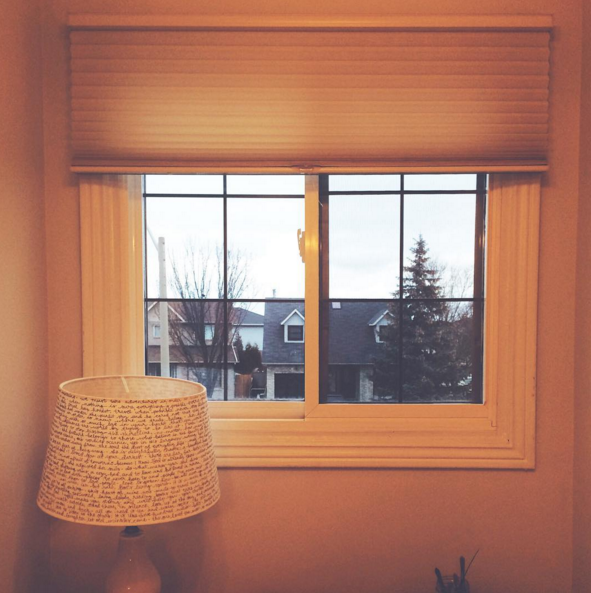 It's been a week and a half since my plane touched down from Peru. It was immediately cold, even though it's been a mild, snowless winter. But Peru was a hundred and ten degrees and blazing. I wrapped the spring coat I had shoved in my luggage around me and shivered. I was home. That feeling had not forsaken me.
It's been a week and a half since my plane touched down from Peru. It was immediately cold, even though it's been a mild, snowless winter. But Peru was a hundred and ten degrees and blazing. I wrapped the spring coat I had shoved in my luggage around me and shivered. I was home. That feeling had not forsaken me.
My brother-in-law and brother picked me up from the airport and took me to my grandmother's visitation. She had passed away six days earlier, while we each were under different skies. She had told me a few months ago that she had always wanted to go to South America, and there we were -- she inhaling her final breath in Canada, me adventuring on that rich red soil in Peru.
I just wish I could call and tell her all about it.
We buried her on a cold, December morning in a plot of land directly beside her husband. We took rose petals and placed them on the casket, but I watched as a few of mine flew away. I took two roses from the stack and kept them, dried one out and hung it upside down on my bedroom wall. I pressed the other between the thin and tender pages of her favourite verse.
And now I can see the lights, and hear the songs, and smell the oranges drying out in the oven. This is Christmas, isn't it? Strings of sadness and pain alongside the joy and merriment of a hopeful Christmas and a very happy New Year. We hurt and we break and we flounder, asking God why newborn babies die and why there are so many funerals at Christmas time.
My best friend went to two other funerals last week. Two different fathers from two different families snatched away too soon. Come Christmas Day, those families won't have a dad waiting for them downstairs with sticky buns or hot chocolate. They are now splintered and cracked right open, spilling their grief alongside the rest of the world who sing, Silent night, holy night. All is calm, all is bright.
No one hurts cleanly. We are all very messy and untidy while we hurt, dripping and disheveled and scattering ourselves all over the place. And the thing that I keep thinking is: Jesus, in all his glory and righteousness, endured the breaking that made us whole. He hurts messily right beside us, our Emmanuel, our God with us. He just extends a sprig of hope through the pain of grief -- that after this, he makes us whole.
After all of this, he makes us whole.




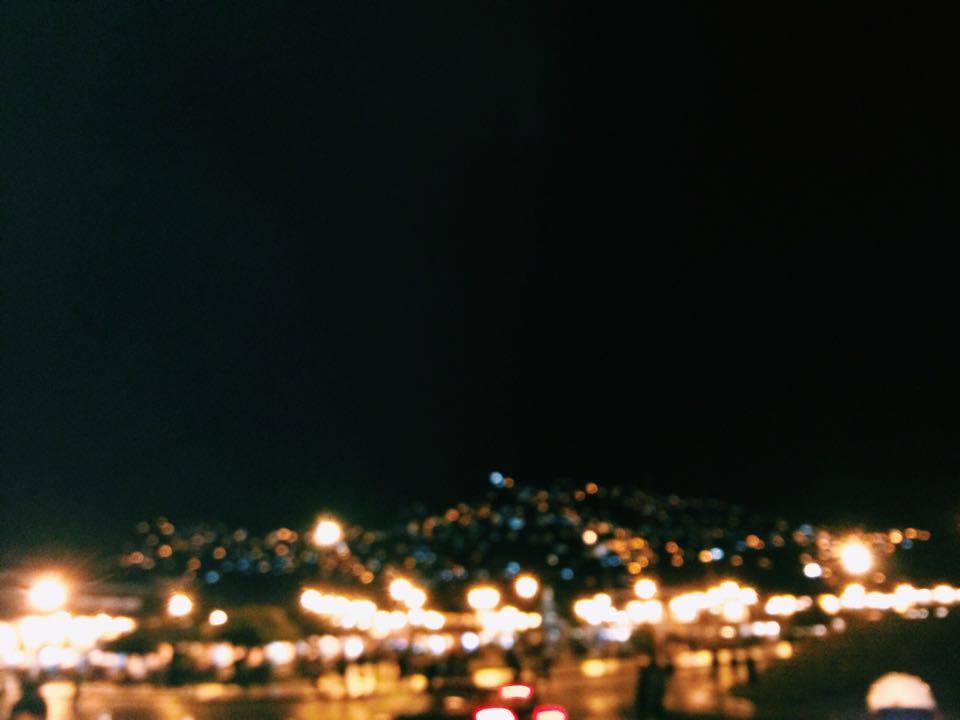

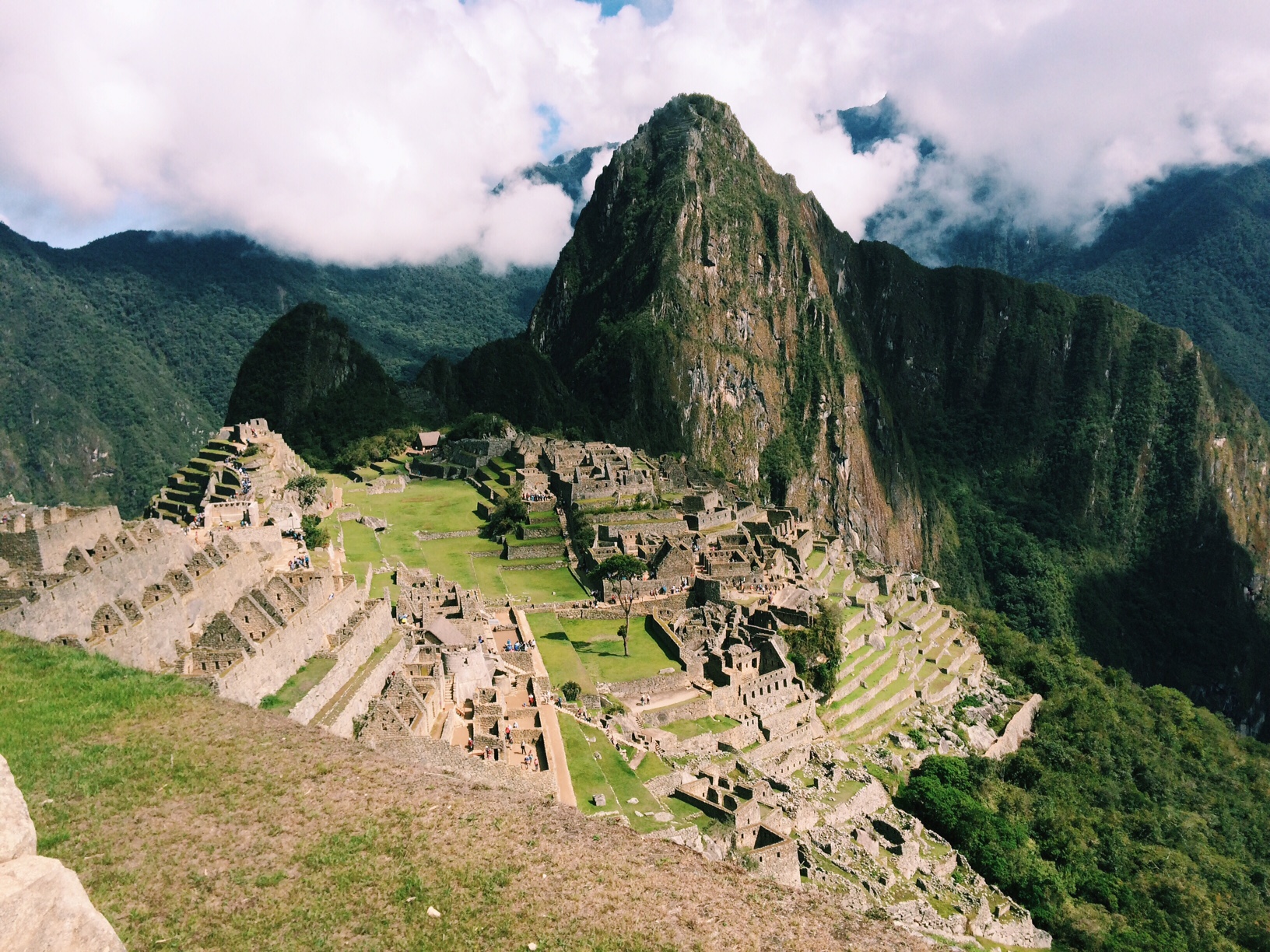
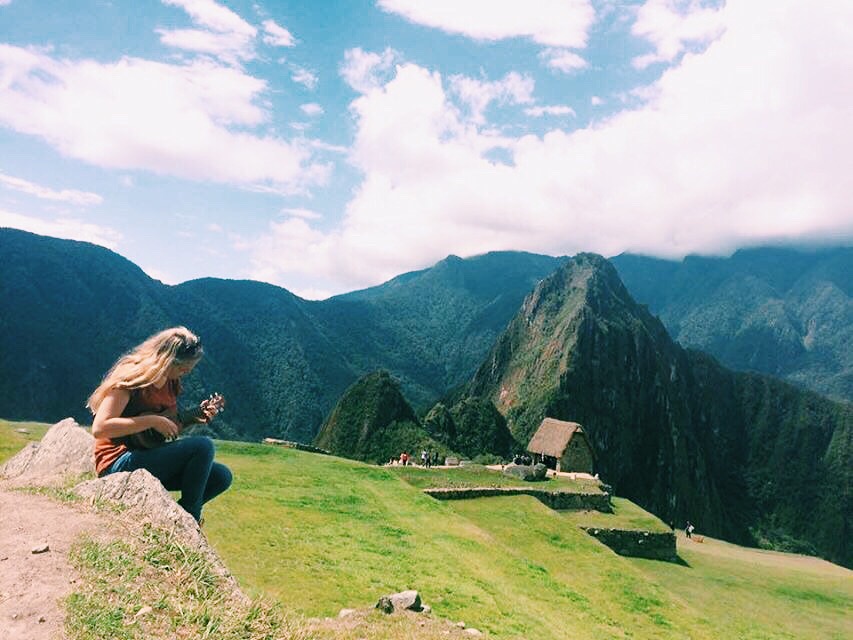
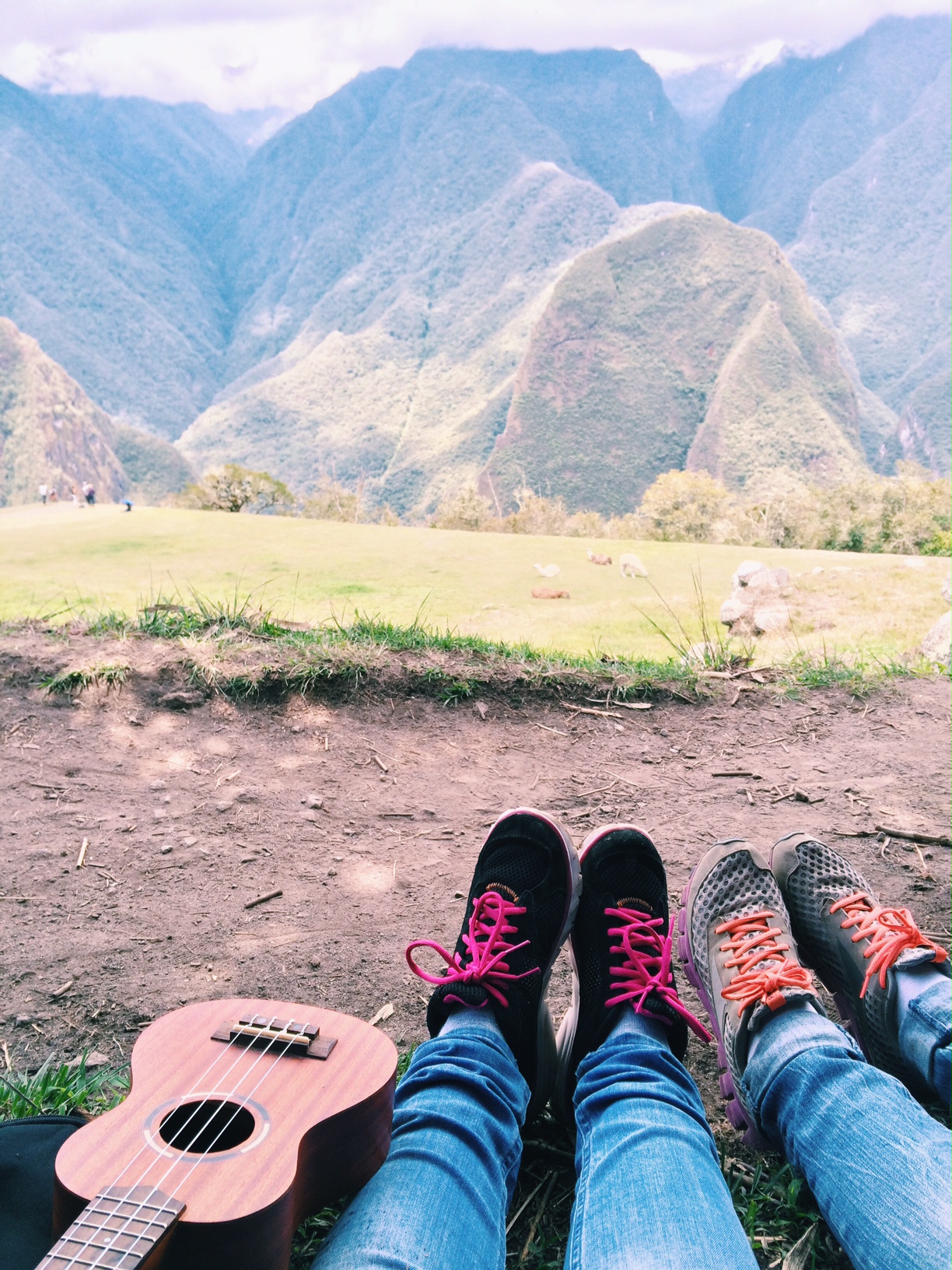
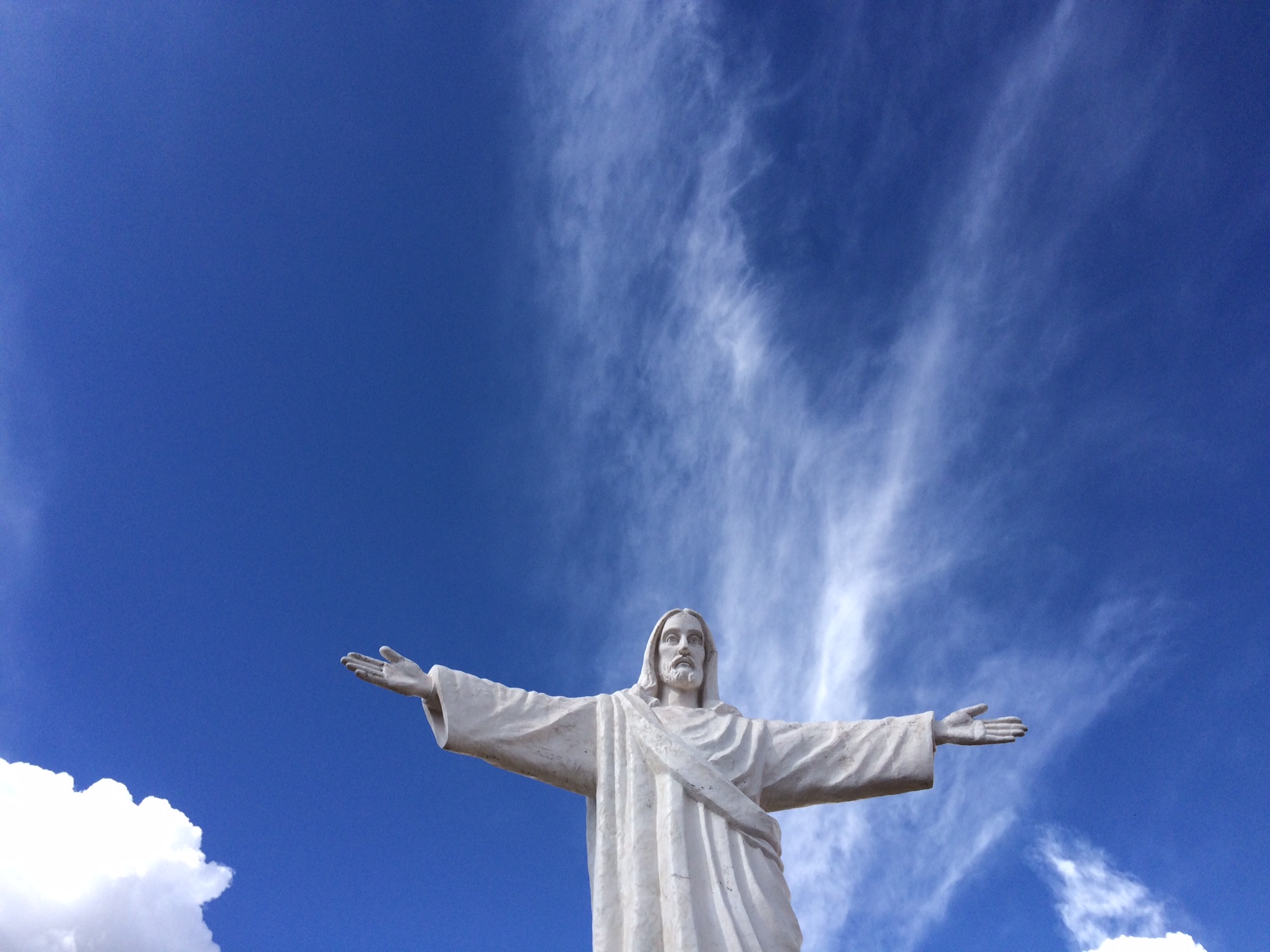
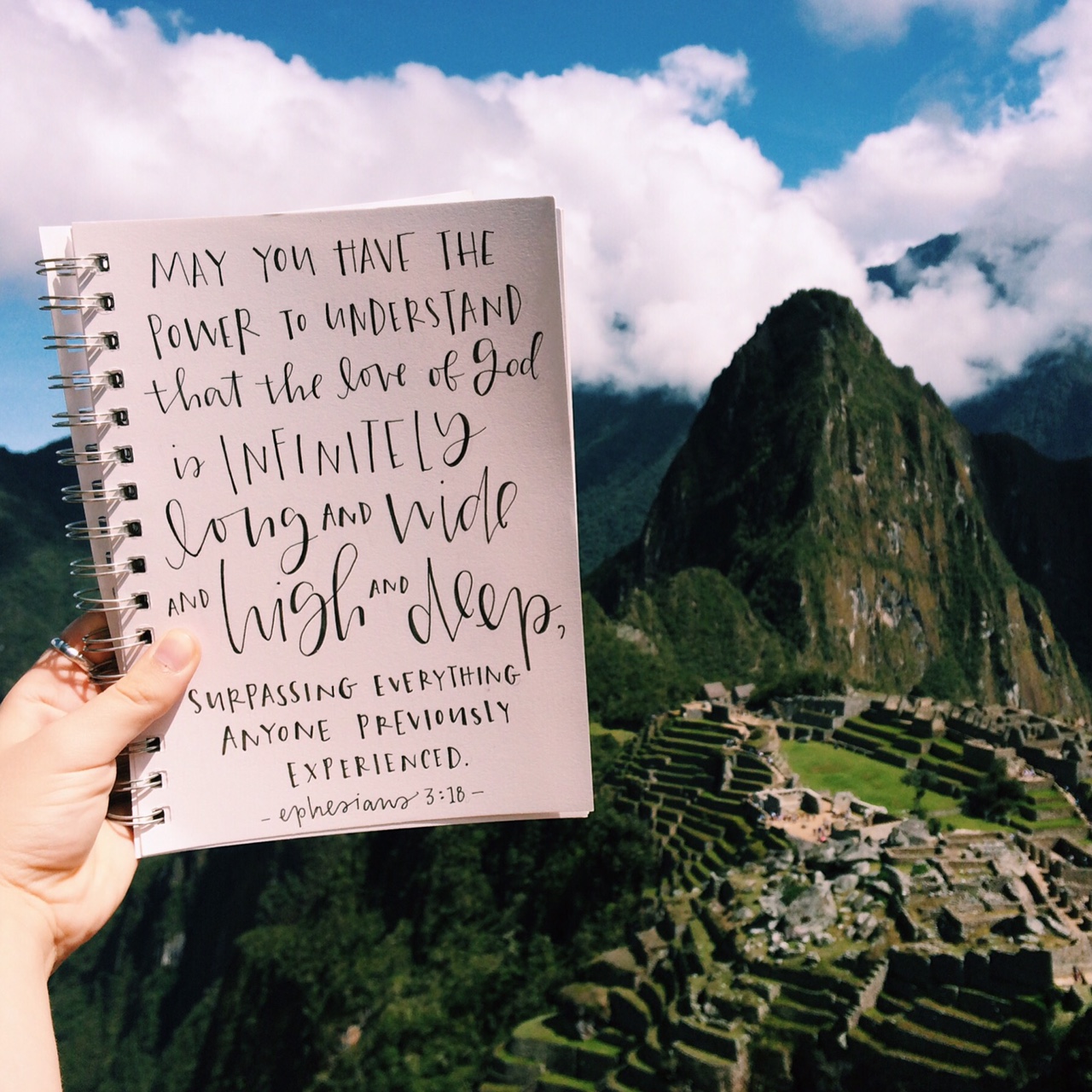
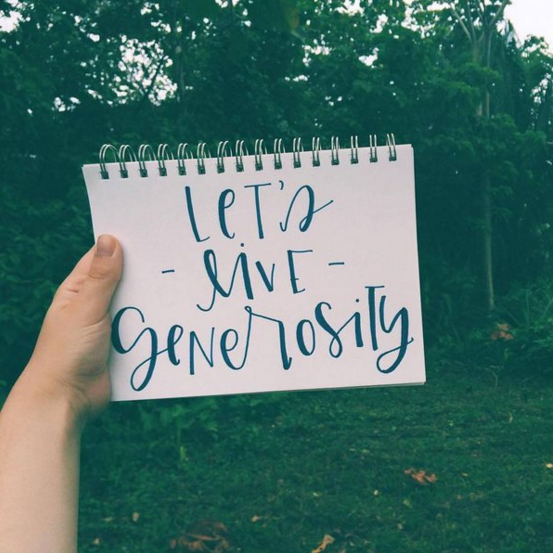
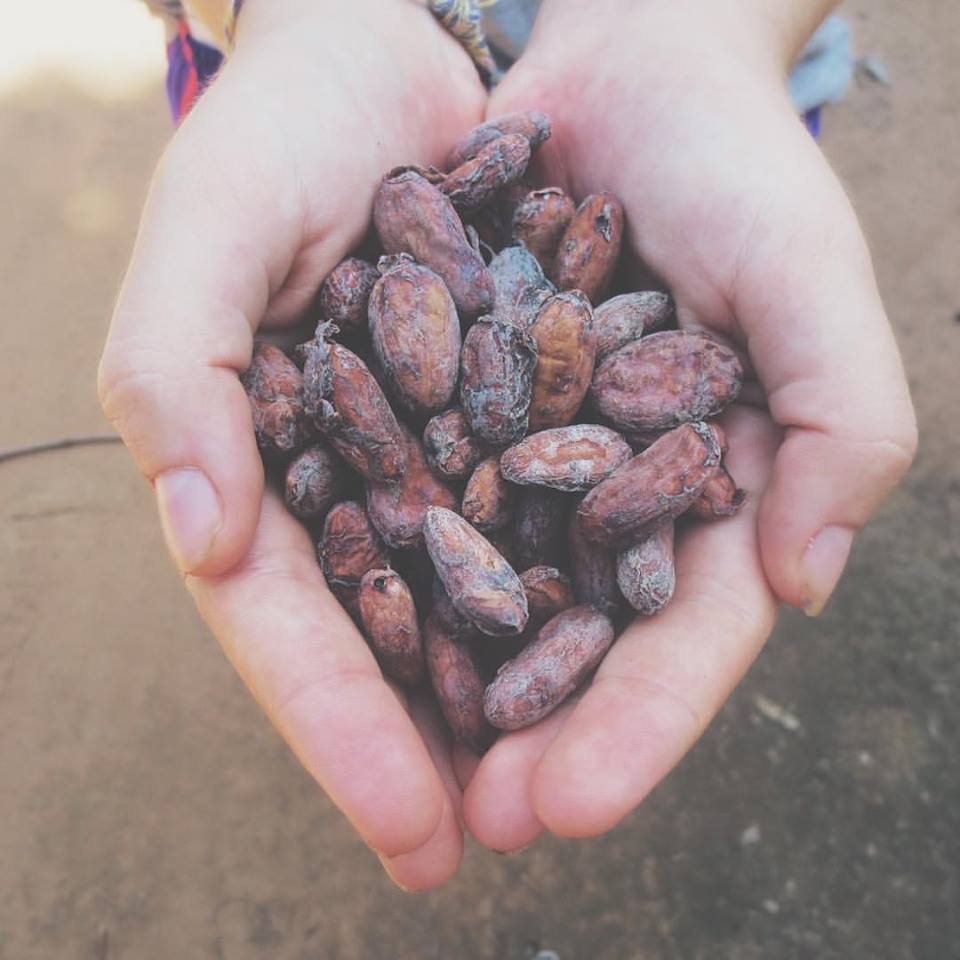



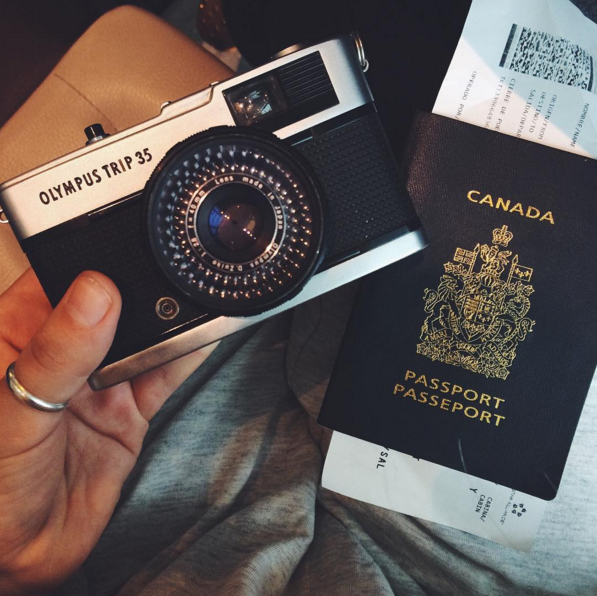 I’m sitting at the edge of the Amazon rain forest, in the depths of Peru. I’m here for just under six weeks, recording stories and helping my friends before they start up their girls’ home. I’m on a constant journey of searching for bravery, and I’ve realized . . .
I’m sitting at the edge of the Amazon rain forest, in the depths of Peru. I’m here for just under six weeks, recording stories and helping my friends before they start up their girls’ home. I’m on a constant journey of searching for bravery, and I’ve realized . . .